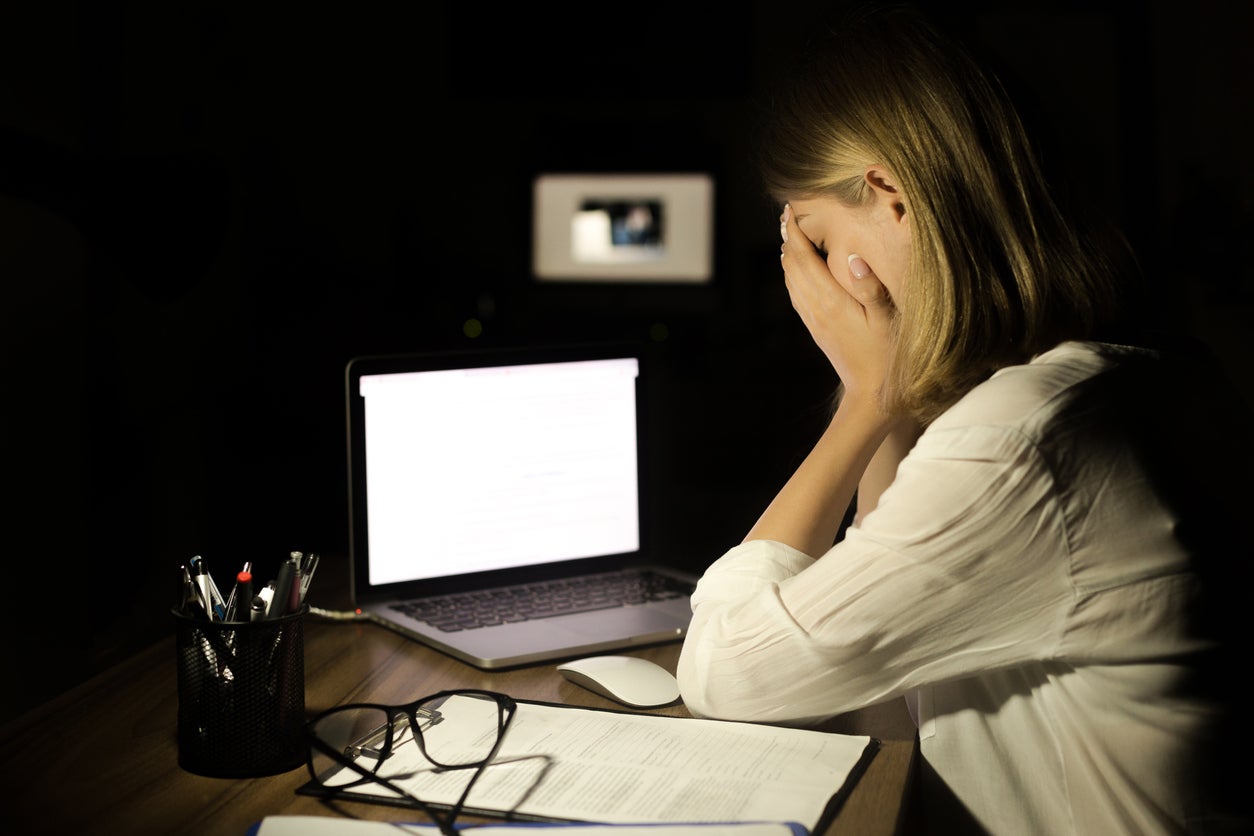Death threats and arson attacks – the intimidation of public servants will ruin our democracy
The volume and viciousness of the abuse aimed at those in public life deters talented people from working in politics, and we will all suffer as a result


Your support helps us to tell the story
From reproductive rights to climate change to Big Tech, The Independent is on the ground when the story is developing. Whether it's investigating the financials of Elon Musk's pro-Trump PAC or producing our latest documentary, 'The A Word', which shines a light on the American women fighting for reproductive rights, we know how important it is to parse out the facts from the messaging.
At such a critical moment in US history, we need reporters on the ground. Your donation allows us to keep sending journalists to speak to both sides of the story.
The Independent is trusted by Americans across the entire political spectrum. And unlike many other quality news outlets, we choose not to lock Americans out of our reporting and analysis with paywalls. We believe quality journalism should be available to everyone, paid for by those who can afford it.
Your support makes all the difference.Critical, robust and oppositional debate has always been a fundamental part of our democracy, and freedom of expression is part of its appeal. But a line is crossed when disagreement mutates into intimidation and abuse that shuts down free debate.
We recently marked the anniversary of the Equal Franchise Act 1928, when women and men were granted equal voting rights. We should reflect on how far we have come – and contemplate where we still need to go.
There are currently 220 women MPs in the House of Commons, making up 34 per cent of parliament. We want this number to continue increasing, and indeed, we want to see our parliament reflect the full diversity of the United Kingdom that we are proud to live in today.
But the volume and viciousness of the abuse and intimidation aimed at those in public life too often deters talented people from entering a career of service. Recent incidents of abuse of people just wanting to represent their community show that, particularly women and other under-represented groups, still experience intimidation. Women also face significant abuse for their political views. This is not acceptable.
The parliamentary by-election in Batley and Spen saw disturbing scenes of intimidation of candidates and campaigners. Elsewhere, a MP has had to be moved to a safe house after death threats. She said that she has considered taking herself out of the public eye. And in Lanarkshire, a councillor has been targeted in an arson attack for the third time.
I too have had threats – hoax powder sent to my constituency office, screams in my face in the street, being chased in a car park after dark.
No one should have to ask themselves “is public service really worth it?”. A democracy where large sections of the population do not feel confident or safe to participate would be no true democracy at all.
This is not just about those who stand for election. Voters deserve better. Democracy should not be dangerous. It matters to all of us.
The government will shortly introduce the Elections Bill in parliament, which will toughen up the sanctions for those convicted of intimidating political candidates, campaigners and elected representatives – either in person or online.
Acts of violence, public disorder and malicious communications are, of course, already a crime. We’re also going to bar perpetrators for five years from running for elected office themselves, because there is no place for abuse and violence in our public life.
Such measures will bolster wider changes this government has already made, including removing the requirement for candidates at local elections to publish their home addresses on the ballot paper, collaboration with the police on new guidance against intimidation, and the new draft Online Safety Bill.
The Elections Bill will also strengthen action against intimidation of voters, by improving and updating the offence of “undue influence” in electoral law, to prevent people from being coerced or intimidated into giving up control over their vote. Digital campaigning material will also require an electronic “imprint”, which will make it harder to spread anonymous campaigns.
This government is committed to defending free speech within the law. This can involve the expression of controversial or uncomfortable views. But abuse, intimidation and violence is never acceptable.
Voters do not expect to see violence at elections in our country and these moves mean voters, as well as activists, can go about their democratic choice in peace.
It takes all of us to defend our democracy, and call out and condemn the ugly threats of abuse and intimidation when we see it.
Chloe Smith is the minister for the constitution and devolution and the Conservative MP for Norwich North
Join our commenting forum
Join thought-provoking conversations, follow other Independent readers and see their replies
Comments